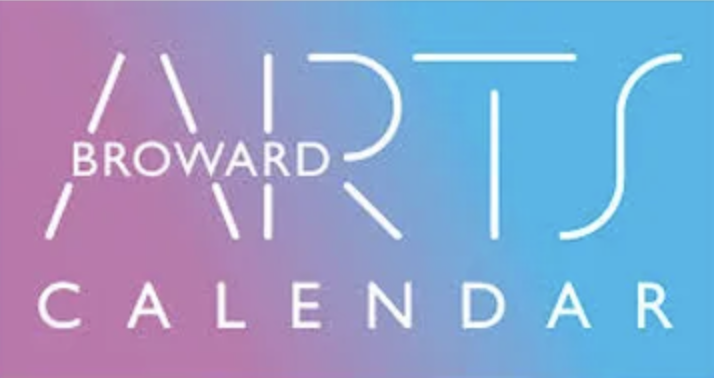Clans and societies
|
We would like to thank the following clans and societies that participated in our 41st annual festival on March 1, 2025. See you all back for the 42nd festival on March 7, 2026.
|
2025 Clans
* Clan Donald *Clan Bell (honored clan) *Clan Elliot *Clan MacLaren *Clan MacLennan *Clan Guthrie *Clan Gordon *Clan Buchanan *Clan MacLean *Clan Montgomery *Clan Davidson *Clan Galbraith *Please note Clans & Societies are added as their registration is received | 2025 Societies
*Genealogical Society of Broward *Genealogical Society of Greater Miami
*Sons of the American Revolution *Boca Publishing *Fort Lauderdale Mariners Club *Broward Property Appraiser *Broward Supervisor of Elections |
|
|
|
The Scottish Clans & Family SocietiesThe clan system which arose in Scotland around the 11th century was a complex society. The clan family was headed by a Chief. While many of the clansmen were likely to be blood relations others might be tenants of the clan lands; smaller families or clans (septs) would put themselves under the protection of the larger clan. A "sept" moved into a region or moved out of a region and changed allegiances. As a result some "septs" are allied with more than one clan family. The clan system was based on the economics of the times and functioned, for better or worse, much like a family business. The word clan is from the Gaelic and means "children." Originally each clan was made up of the descendants of one man and his children. The clan names which are in use today have come down from the founds of the royal dynasties of the Picts, the Scots and the Vikings in the Highlands as well as the noble families of the Britons, Flemish, Normans, Angles, and Saxons in the Lowlands and Borders. These royal dynasties are the ancestors of the Scots. Our family tree grew horizontally as well as vertically. While the king, queen, or heir apparent of a dynastic family was often married "across the water" to someone of comparable royal rank and the heir to a noble title was married "across country" to ensure peace or secure property, their other children generally married locally. The surname of the dynastic family spread slowly, but through intermarriage gradually everyone in the region was absorbed.It is this brotherhood, beyond rank, sex, religion, success, or failure, which links the Scots together. We are all one interrelated family; the branches of the family are the family names, clan, and septs. As a result, all bearers of Scottish names share in the rich pageantry and experiences of our common ancestors. Today clan family societies are generally formed for educational, literary, social, or beneficial purposes, to further friendships and share the heritage of the clan family to collect and preserve it's relics and, in the case some larger societies, to assist in the maintenance and acquisition of former clan territories in Scotland. Visit the clan area and meet your family. |
The TartanTartan is a particular weave of woolen cloth that is often associated with the modern use of the word plaid. Plaid patterns may include squares and rectangles woven in unique and varying patterns, while tartan is made of a specific pattern. Tartan is always woven as twill (two threads passing over two, then under two). A number of colored stripes of varying width are woven from the edge of the cloth, running its full length. It is the basic sequence of stripes (the sett) that distinguishes one tartan from another. There is no clearer symbol of Scottish identity than tartan, especially when worn in the form of a kilt. However, the origin and significance of the tartan in Scottish history is unclear. The underlying significance of the tartan today is as a means of clan or family allegiance, but just when and how this became a part of Scottish culture is hotly debated. One factor that has been decisive about the history of the development of the modern system of identification has been the influence of the tartan manufacturer. They were responsible for developing early catalogs and order books. It was soon accepted that the authority for stating what the correct tartan was for a clan must be its chief. In 1815, the Highland Society of London began its collection of approved tartans; and the first book on clan tartans appeared in 1831. The Scottish Tartans Museum was founded by Scottish Tartans Society, formed in Scotland in 1963 to "Study the origins, history, and development of tartans. Franklin, NC, USA. The Scottish Tartans Museum in Franklin, NC not only displays Scottish Tartans, but covers various aspects of the Scottish experience; culture, history, dress, migration, and military. Visitors are invited to view their family tartan, connect with their clan, and learn about the history of Highland Dress. Museum staff can help if you are interested in researching the recommended tartan for a particular surname, or would like a full color print of your tartan. |






